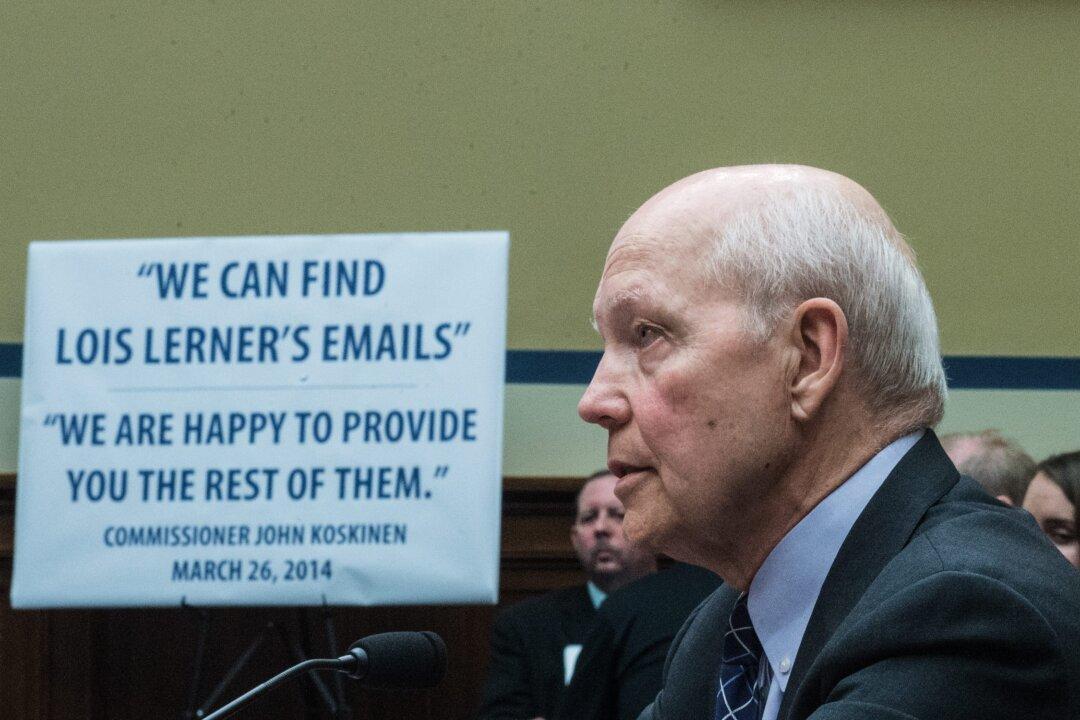A bewildered civil liberties lawyer expressed frustration to Republican members on the House Ways and Means Committee on Sept. 29, asking why the IRS has time to harass evangelical Christian groups seeking tax exemptions but can’t prevent leaks of tax records.
“Why is it that the IRS has time to go after Christians Engaged, but they don’t have time to secure the files of taxpayers, so that they are not breached by foreign adversaries? Why is it not a priority to track the dollars of terrorist organizations, but it is a priority to find out what Christians Engaged was up to?” asked Jay Sekulow, chief counsel for the American Center for Law and Justice (ACLJ).





